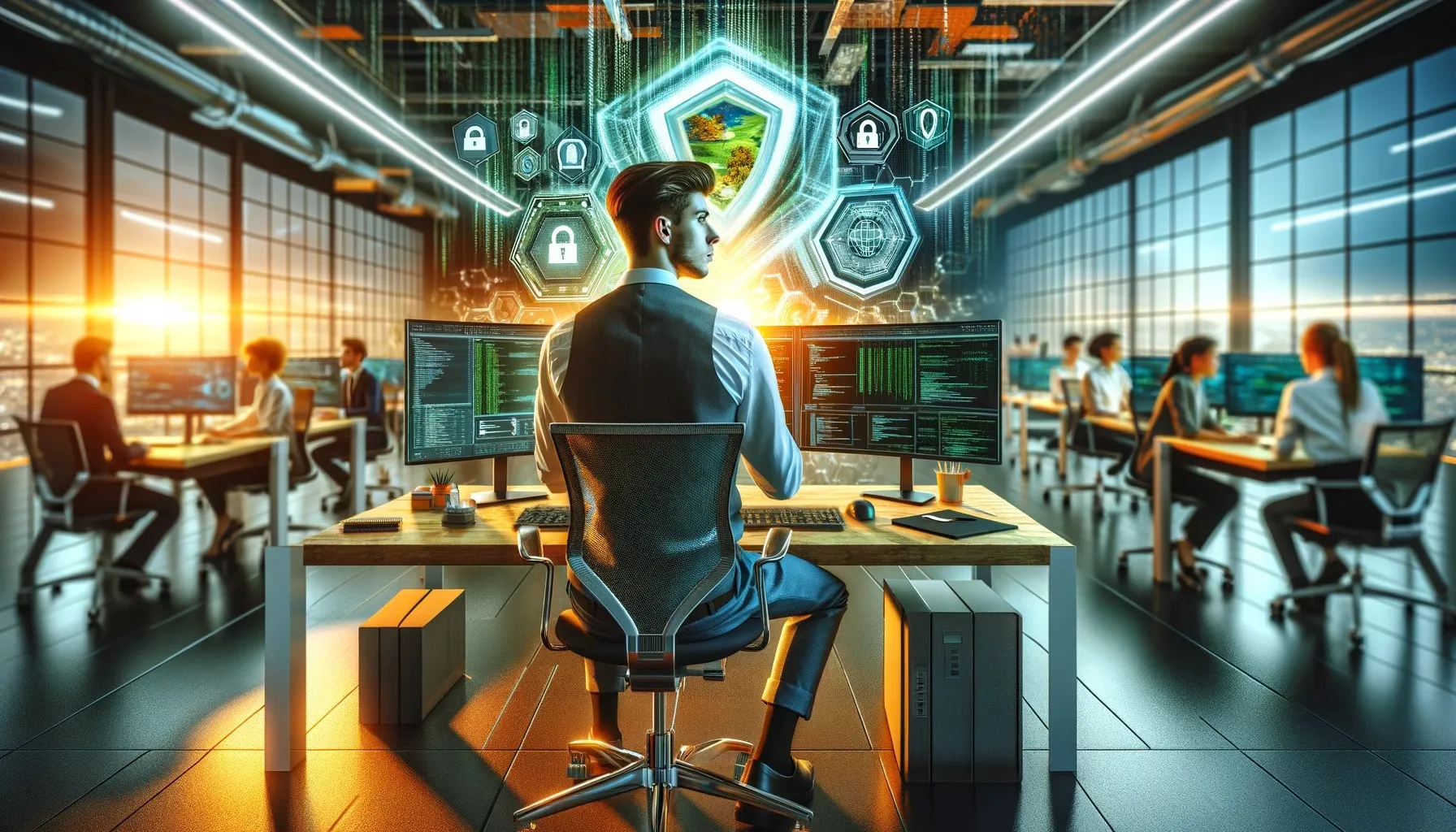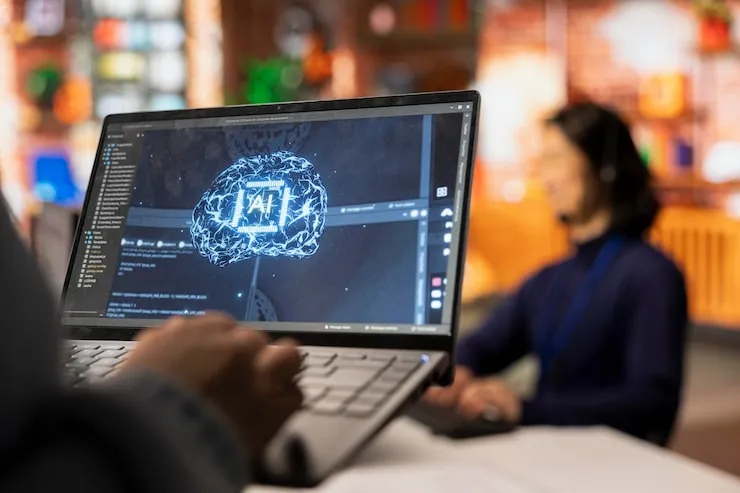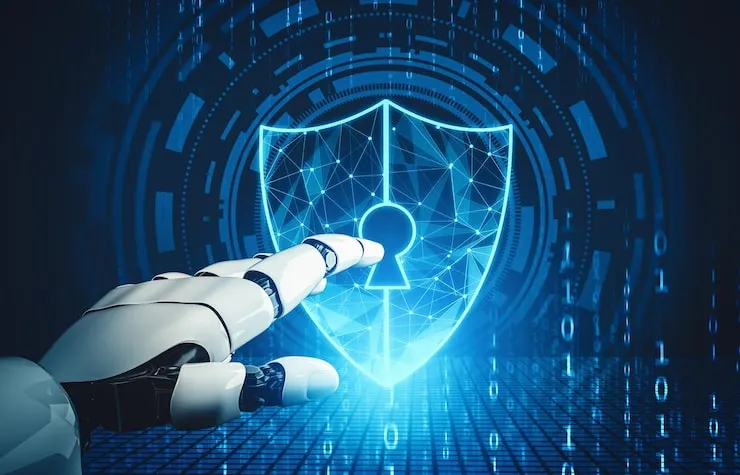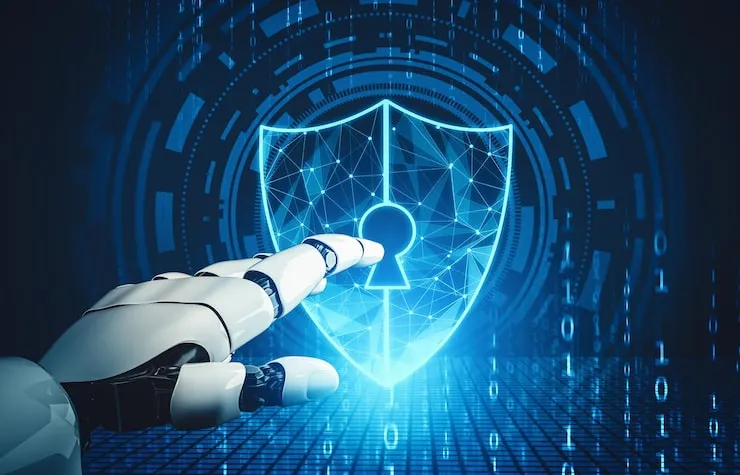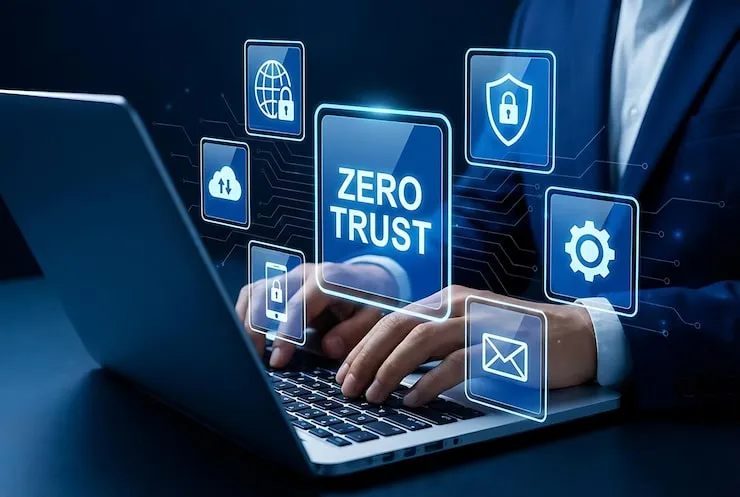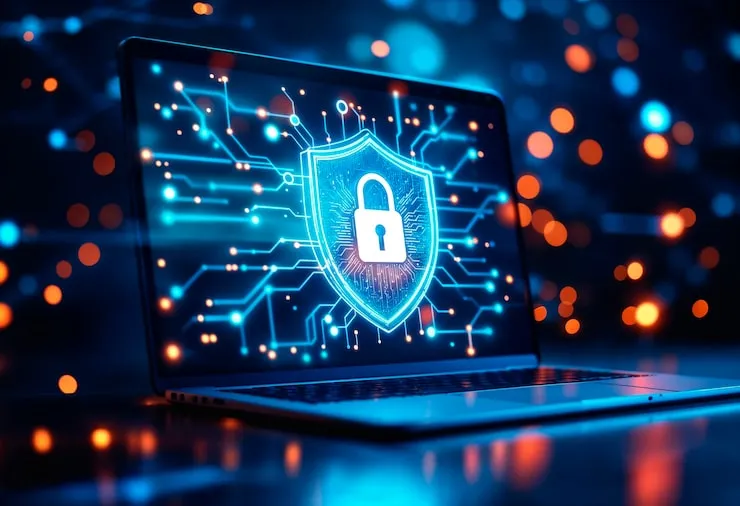When I first started in cybersecurity, I never imagined how quickly this field would grow. Now, as we look toward 2025, I can tell you that the future of cybersecurity job market is brighter than ever! Every day, I talk to companies that can't find enough trained security professionals. The gap between open jobs and skilled workers keeps growing. According to my research, we'll need millions more cybersecurity workers in the next few years. Why is this happening? Simple! More and more things are connected to the internet, and bad guys keep finding new ways to attack. This means more jobs for people like us who want to stop them.
How the Future of Cybersecurity Job Market is Changing
I remember when cybersecurity was mostly about setting up firewalls and checking for viruses. Those days are long gone! The future of cybersecurity job market now includes:
- AI security specialists who work with smart systems
- Cloud security experts who keep data safe in the internet
- IoT security professionals who protect smart devices
These new jobs didn't even exist a few years ago! I've watched them pop up as technology changes, and it's been amazing to see.
Future of Cybersecurity 2030: Looking Further Ahead
What kind of work will I be doing in 2030? I give the issue a lot of thought. The future of cybersecurity 2030 will bring even bigger changes to how we work and what skills we need.
By 2030, I expect we'll see:
Automation and AI in Security
Robots won't take our jobs in cybersecurity - they'll help us do them better! I'm already using some AI tools in my daily work that find problems I might miss. By 2030, these tools will get much smarter. I think we'll spend less time on boring tasks and more time solving tricky problems that only humans can figure out.
New Threats Need New Skills
The bad guys keep getting smarter, so we need to stay ahead! In my experience, the future of cybersecurity 2030 will require skills in:
- Quantum computing security - super powerful computers need super strong protection
- Biometric security systems - protecting fingerprint and face scanning systems
- Extended reality (XR) security - keeping virtual worlds safe
I'm already starting to learn about these areas so I'll be ready when the time comes!
Types of Cybersecurity Jobs and Salary Expectations
How much money can I make? was my niece's first question when she inquired about pursuing a career in cybersecurity. She's as logical as her uncle, which made me giggle!The truth is, the types of cybersecurity jobs and salary ranges vary widely. Let me share what I've seen in the real world:
Entry-Level Cybersecurity Jobs
Even people new to the field can find good jobs! Some starting roles include:
- Security Analyst ($60,000-$90,000): This was my first job. I watched for strange things happening on networks.
- Security Specialist ($65,000-$95,000): These folks focus on one area, like email security.
- IT Security Consultant ($70,000-$100,000): They help companies find and fix their security problems.
I started as an analyst making about $65,000, which wasn't bad for my first tech job!
Mid-Career Cybersecurity Positions
After a few years, you can move up to jobs like:
- Cybersecurity Engineer ($90,000-$140,000): These people build secure systems from the ground up.
- Security Architect ($110,000-$160,000): I moved into this role after five years and loved designing secure systems.
- Incident Responder ($85,000-$130,000): These are the "firefighters" who jump in when attacks happen.
Senior Cybersecurity Roles
With lots of experience, you can aim for top jobs such as:
- Chief Information Security Officer (CISO) ($150,000-$500,000): The top security person at a company. This is my dream job!
- Security Director ($140,000-$300,000): These leaders manage entire security teams.
- Security Researcher ($120,000-$200,000): They find new types of attacks before the bad guys do.
When my friend became a CISO last year, I was so happy for her! She now makes over $200,000 and leads a team of 15 people.
Skills You Need for the Future of Cybersecurity Job Market
I often mentor young people who want to get into cybersecurity. The first thing I tell them is that technical skills matter, but they're not the whole picture!
Technical Skills That Got Me Hired
These hands-on skills have helped me throughout my career:
- Network security - understanding how data moves and how to protect it
- Operating system security - keeping Windows, Linux, and Mac systems safe
- Programming basics - I use Python almost every day to automate tasks
- Cloud security - protecting data in services like AWS, Azure, and Google Cloud
I remember spending weekends learning Python, and it definitely paid off in job interviews!
Soft Skills That Helped Me Advance
Technical skills got me in the door, but these other skills helped me move up:
- Communication - explaining complex security issues to non-technical people
- Problem-solving - thinking critically when facing new challenges
- Teamwork - security is never a one-person job
- Continuous learning - I spend at least 5 hours every week learning new things
My boss once told me that she promoted me because I could explain security risks to executives without scaring or confusing them. That made me realize how important communication skills are!
How I'm Preparing for the Future of Cybersecurity Job Market
The future of cybersecurity job market will require us to keep learning and growing. Here's what I'm doing to stay ready:
Continuous Education
I never stop learning! Every month, I:
- Take at least one online course
- Read security blogs and news
- Practice in my home lab
- Talk to other security professionals
Last month, I finished a course on AI security. It was tough but worth it!
Certifications That Matter
In my experience, these certifications will still be valuable in the future of cybersecurity job market:
- CISSP - shows broad knowledge of security concepts
- CEH - demonstrates ethical hacking skills
- CISM - focuses on security management
- Cloud security certifications - specific to AWS, Azure, or Google Cloud
I got my CISSP three years ago, and it helped me get a $15,000 raise at my next job review!
Challenges in the Future of Cybersecurity 2030
Not everything about the future of cybersecurity 2030 will be easy. I worry about these challenges:
Keeping Up With Technology
The speed at which things are changing may often overwhelm me! I learned about a brand-new kind of attack last week that I had never heard of before. Cybersecurity changes at a very rapid rate. I've found that focusing on learning basics rather than learning particular tools helps with this. Tools change, but the basic ideas often stay the same.
Work-Life Balance
Burnout is real in cybersecurity. I've experienced it myself! On-call rotations, emergency responses, and the pressure of protecting important systems can take a toll. I've learned to set boundaries and take real vacations where I disconnect completely. It helps me stay fresh and focused when I return.
Remote Work and the Future of Cybersecurity Job Market
One big change I've seen is the move to remote work. I now work from home three days a week, and many of my friends work fully remote cybersecurity jobs.
Benefits of Remote Security Work
Working remotely has changed my life in good ways:
- I save two hours every day by not commuting
- I can live in a more affordable area
- I can work for companies anywhere in the country
- I have more time with my family
My productivity actually went up when I started working from home because I had fewer distractions than in our noisy office!
Challenges of Remote Security Work
It's not all perfect, though. I've found these challenges with remote work:
- Sometimes it's harder to communicate about complex security issues
- Building trust with new team members takes longer
- Some security tasks require physical access to systems
- It can be lonely if you don't make an effort to connect
I make sure to turn on my camera for video calls and schedule virtual coffee chats with coworkers to stay connected.
Diversity in the Future of Cybersecurity Job Market
One exciting change I see in the future of cybersecurity job market is greater diversity. When I started, most security professionals looked like me. Now I work with people from all backgrounds.
Why Diversity Matters in Security
Having diverse teams helps us:
- Think of security problems from different angles
- Better understand the needs of all users
- Come up with more creative solutions
- Avoid blind spots in our security planning
The most successful security team I ever worked on had people from six different countries. We caught things that a more homogeneous team might have missed.
Getting Started in the Future of Cybersecurity Job Market
People often ask me how to break into cybersecurity. Here's the advice I give:
Education Paths
You can get started through:
- College degrees in cybersecurity or related fields
- Bootcamps that teach security skills in a few months
- Self-study using online resources and practice labs
- Career transitions from related IT roles
I started with a computer science degree but have worked with excellent security professionals who came from boot camps or taught themselves.
Entry-Level Job Hunting Tips
To land your first job in this field:
- Build a home lab to practice your skills
- Contribute to open-source security projects
- Attend security conferences and meetups
- Complete internships or volunteer to help small businesses with security
My first break came when I volunteered to help secure a local nonprofit's website. That experience helped me get my first paying job in security.
Conclusion on Future of Cybersecurity Job Market
Examining the future of cybersecurity job market makes me feel hopeful and positive. Yes, there will be challenges in the future, but there will also be more chances! Professionals in security are still needed. If anything, the more technology enters our life, the more important we will become.
My advice is easy: if you're considering a career in cybersecurity, go for it! Begin studying, practicing, and talking to others. You have a place in this sector, and in order to address the security issues of the future, we need new ideas. I hope that by sharing what I have seen and learned, you have a greater grasp of what the future of cybersecurity job market holds. My career has been fun and exciting because of this profession; it may be the same for you!



